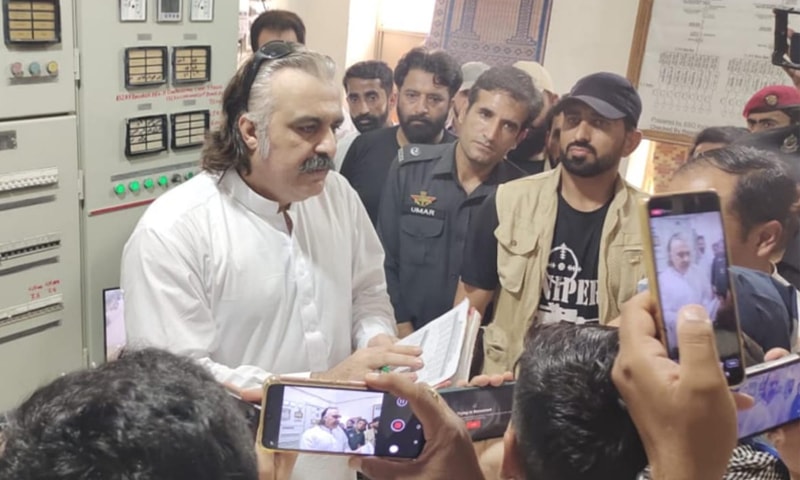Mohsin Siddiqui (Chief Reporter)
The Government of Pakistan is poised to introduce significant amendments to the Finance Bill 2024, which will empower authorities to block bank accounts of individuals and entities that are non-filers of tax returns. This move aims to enforce tax compliance and broaden the tax base by compelling non-filers to fulfill their tax obligations.
Initially, the proposal to freeze bank accounts of non-filers was included in the original draft of the Finance Bill 2024. However, it did not pass during the initial legislative process.the government is revisiting this proposal and intends to incorporate it into the amended Finance Bill 2024.
The proposed amendments target non-filers who fail to respond to tax notices. Under the new provisions, the government will have the authority to block the bank accounts of non-filers until they register as taxpayers and appear on the Active Taxpayers List (ATL). While non-filers will still be able to deposit money into their bank accounts, they will be restricted from withdrawing any funds until they become compliant with tax regulations.
If the proposal is approved as part of the amended Finance Bill 2024, the Federal Board of Revenue (FBR) will issue an Income Tax General Order (ITGO) listing the names of non-filers whose bank accounts are to be blocked. This order will be a crucial step in enforcing the new regulations and ensuring that non-filers are incentivized to file their tax returns promptly.
The amended Finance Bill 2024, which includes the proposal to block bank accounts of non-filers, is currently under consideration. The government plans to present it for parliamentary approval in the near future. If passed, this amendment will mark a significant step in the government’s ongoing efforts to enhance tax compliance and increase revenue collection.
The introduction of this measure underscores the government’s determination to tackle tax evasion and ensure that all eligible taxpayers contribute to the national exchequer. By targeting non-filers with stringent measures such as blocking access to their bank accounts, the government aims to create a more equitable tax system where compliance is not optional but mandatory.
Implementing such a measure is not without challenges. The government must ensure that the process of identifying non-filers and blocking their accounts is transparent and fair. There should be clear guidelines and an efficient grievance redressal mechanism to address any issues that may arise during the implementation phase.
Furthermore, the government needs to balance enforcement with taxpayer education and support. Efforts to raise awareness about the importance of tax compliance and the benefits of being on the ATL should complement the punitive measures. Providing assistance and resources to help non-filers transition to compliant status can also facilitate smoother implementation.
The proposal has elicited mixed reactions from various stakeholders. Advocates of tax reform and compliance have welcomed the measure, viewing it as a necessary step to curb tax evasion and increase government revenue



